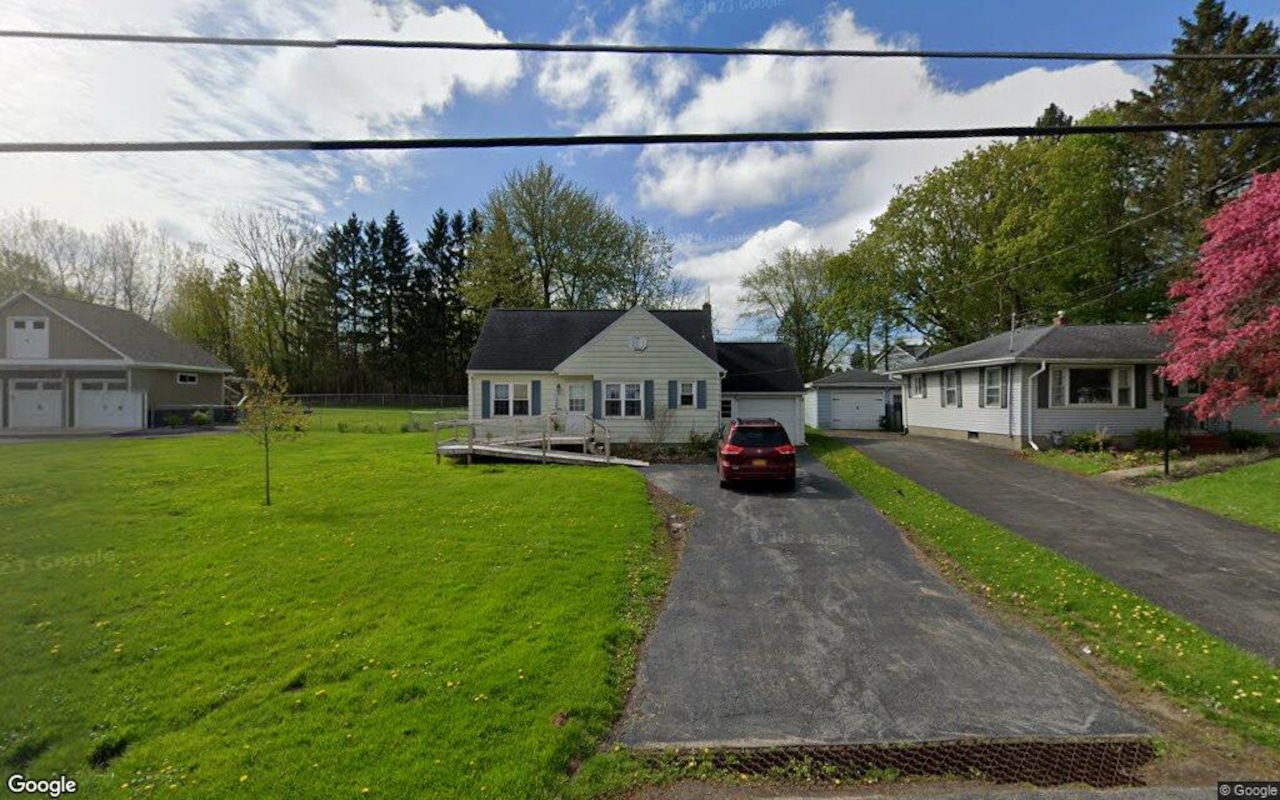A
recent lawsuit settlement between the National Association of Realtors and home sellers is expected to have a significant impact on local home prices. The settlement, announced in mid-March, has left East End brokers, buyers, and sellers with more questions than answers about what it means for them.
The agreement could lead to lower commission costs for home sellers and reduced fees for real estate agents. However, some reports suggest that home buyers may soon be forced to pay a commission out of their own pockets, which would be a significant change in the way the industry operates.
Industry insiders believe that the changes will be radical and are already fielding questions from clients about how this affects them. The traditional model of paying 5 or 6 percent of the total purchase price to the listing agent is being turned upside down.
The lawsuit was filed by home sellers who argued that NAR rules governing sale properties listed on its Multiple Listing Services (MLS) platform created an industry-standard commission rate that was unfairly inflated. The NAR countered that commission rates are negotiable, but in practice, the 5-6 percent rate was the de facto standard.
As part of the agreement, the NAR will eliminate policies that helped agents set sales commissions and pay $418 million as compensation to US home sellers. It will also end a policy requiring brokers to offer upfront compensation to buyer's agents, making it possible for sellers to negotiate commissions directly with buyer's agents.
The changes are expected to have a significant impact on the traditional buyer-broker relationship. Buyers may soon be expected to pay a broker's fee on top of closing costs, which could add thousands of dollars to their final purchase price.
Industry experts predict that new compensation arrangements will arise between brokers and buyers, such as flat fees or hourly rates. It remains to be seen whether buyers will be willing to forgo the expertise and resources provided by good agents in order to avoid paying a commission.
On the selling side, many economists and real estate professionals believe that selling agents will be forced to lower their fees to compete for business. Some sellers are already asking their listing brokers why they should pay 6 percent when they could pay 3 percent.
The agreement is subject to approval by a federal court in July, but industry insiders expect it to take 12-36 months for the dust to settle on how this shakes out.














